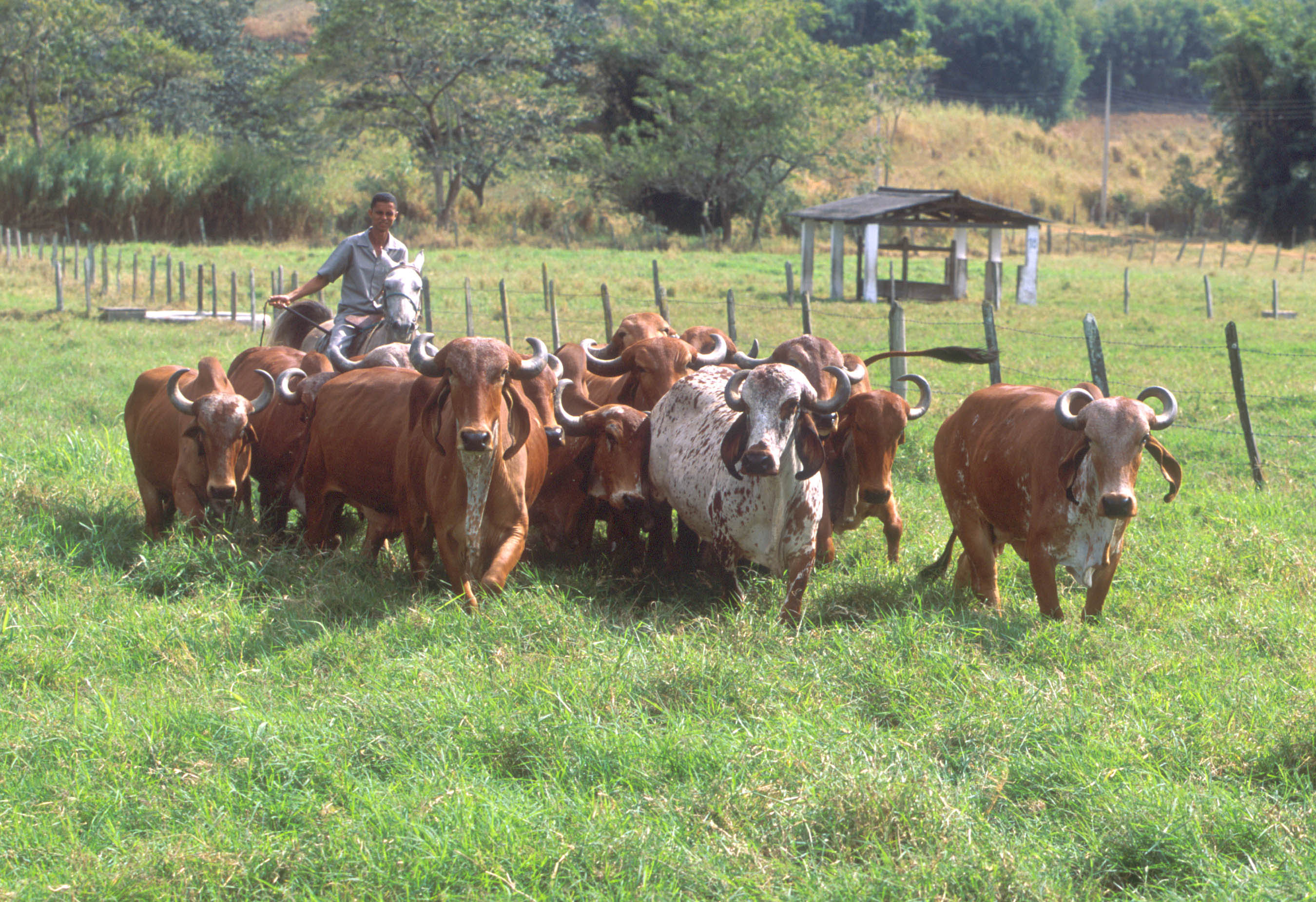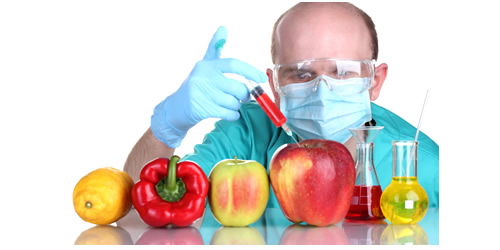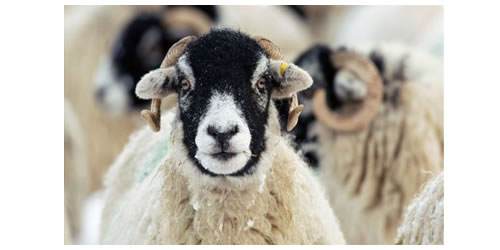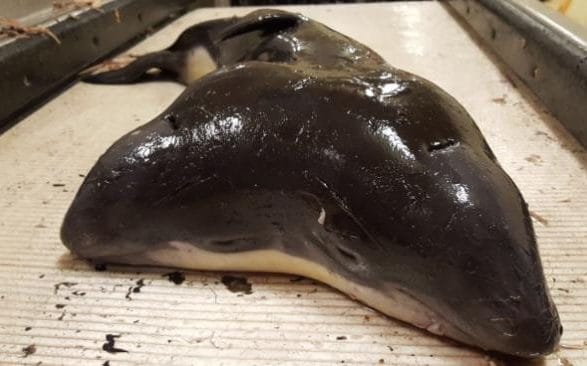From farming in Africa to the Victorian Mallee
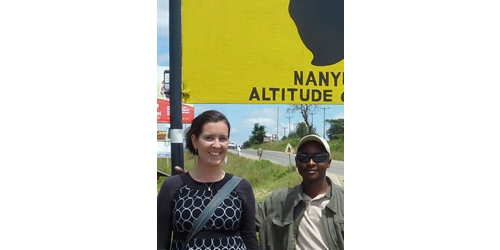
Victorian woman Jen Bond could never have imagined where her agricultural science degree would take her.
Growing up in Ballarat she started a science degree at Melbourne University after school.
At that time she thought her path into agriculture would be more of a traditional one.
Media player: “Space” to play, “M” to mute, “left” and “right” to seek.
“I was thinking I’m going to finish this degree and be a plant breeder or something,” she said.
But it was not until later in her studies she really started getting interested in the social science side of agriculture and how it impacted development in the world.
Things like ‘golden rice’ and other technologies that aimed to feed the world, plucked her interest.
It was then that, by chance, she did an internet search for ‘masters, agriculture, development’, and she ended up taking up a two year masters in Denmark.
Through her course work, she started her thesis in the poorer areas of northern India before heading to Kenya.
It was in Nairobi that she found a real passion for conflict management and its impact on agriculture, looking at some of the political theories and the governance of natural resources.
“I was looking at cattle rustling and cattle raiding within a lot of the nomadic pastoral groups, also human wildlife conflict, between either the lions and hyenas taking stock, and elephants trampling crops.”
“But also some conflicts between the pastoralists and croppers when cows often grazed on farmers’ crops.”
Intertwined in a lot of this work she found lots of issues of land tenure, power relations and inequality.
She said while a lot of work had been done on the impacts of farming on wildlife conservation and vice versa, not much study had looked at the human and psychological toll on farmers trying to exist in these areas too.
So her thesis looked at the human toll, and it has since been published in scientific journals.
“It’s almost impossible to imagine being a subsistence farmer in Africa, where elephants trample your crop or hyenas steal your stock”. – Jen Bond
Ms Bond found the more she looked into it, she found that they were all interrelated.
“While many other facets are really important, obviously conservation of wildlife is crucial, we also need to consider the human wellbeing within that.”
She said after all, farmers were just trying to feed themselves or make a little bit of money too and not much work had gone into the complexities of farming in these areas.
It was whilst doing this worked she realised that she wanted to return home.
“It kind of occurred to me in rural Africa, that I didn’t need to be in rural Africa to contribute to community development.”
“I can do that from Australia.”
She now works in program evaluation in Mallee farming in Mildura.
She admits she still has the travel bug, but is still so surprised by where her agricultural degree has taken her.
“You can do a lot with agriculture, and agriculture is in every country, you can travel the world.”
“You can see a lot, you can contribute a lot and I really like that.”
Source: abc.net.au

